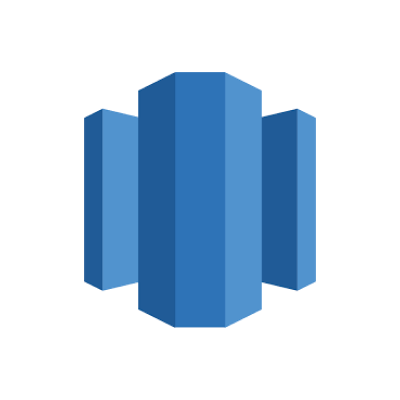Compare - Databricks VS Nexla
Here’s the difference between Databricks and Nexla. The comparison is based on pricing, deployment, business model, and other important factors.
About Databricks
Databricks provides a data lakehouse that unifies your data warehousing and AI use cases on a single platform. With Databricks, you can implement a common approach to data governance across all data types and assets, and execute all of your workloads across data engineering, data warehousing, data streaming, data science, and machine learning on a single copy of the data. Built on open source and open standards, with hundreds of active partnerships, Databricks easily integrates with your modern data stack. Additionally, Databricks uses an open standards approach to data sharing to eliminate ecosystem restrictions. Finally, Databricks provides a consistent data platform across clouds to reduce the friction of multicloud environments. Today, Databricks has over 7000 customers, including Amgen, Walmart, Disney, HSBC, Shell, Grab, and Instacart.
About Nexla
Nexla is the leader in unified data operations and a 2021 Gartner Cool Vendor. This platform makes it simple for anyone to create scalable data flows. Teams working with data get a no/low-code unified experience to integrate, transform, provision, and monitor data for any use case. Data users with varying skill levels work collaboratively to create ready-to-use data products. As a result, organizations get zero-friction, governed, and agile data operations.
Comparison Table
| Overview | ||
|---|---|---|
| Categories | Data Warehouses, Data Lakes | Reverse ETL Tools, Data Mesh |
| Stage | Late Stage | Mid Stage |
| Target Segment | Enterprise, Mid size | Enterprise, Mid size |
| Deployment | SaaS | SaaS |
| Business Model | Commercial | Commercial |
| Pricing | Freemium, Contact Sales | Contact Sales |
| Location | San Francisco, US | San Mateo, California |
| Companies using it | ||
| Contact info |
Add to compare
